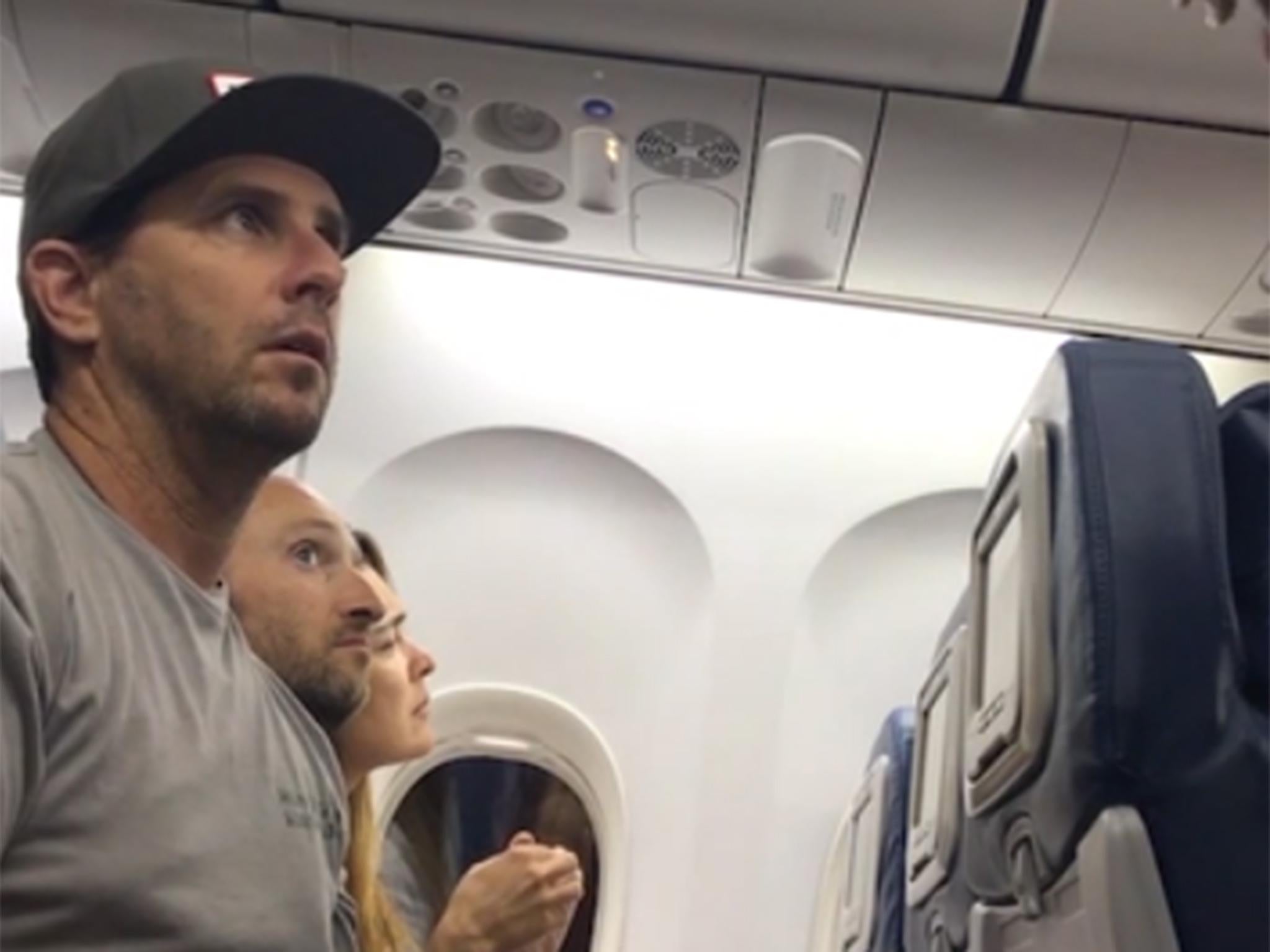Airlines need to wake up to the reality of YouTube
Delta is the latest US carrier to be caught on camera treating a passenger badly

Your support helps us to tell the story
From reproductive rights to climate change to Big Tech, The Independent is on the ground when the story is developing. Whether it's investigating the financials of Elon Musk's pro-Trump PAC or producing our latest documentary, 'The A Word', which shines a light on the American women fighting for reproductive rights, we know how important it is to parse out the facts from the messaging.
At such a critical moment in US history, we need reporters on the ground. Your donation allows us to keep sending journalists to speak to both sides of the story.
The Independent is trusted by Americans across the entire political spectrum. And unlike many other quality news outlets, we choose not to lock Americans out of our reporting and analysis with paywalls. We believe quality journalism should be available to everyone, paid for by those who can afford it.
Your support makes all the difference.Another day, another US airline engulfed in a YouTube controversy.
You'd think staff would have been alive to the dangers of getting caught on camera given recent events, but apparently not.
This time the villain of the piece is not United Airlines, which became byword for the unfriendly skies, and kicked off an intense debate about the behaviour of airlines after security officials dragged a doctor from one of its over booked flights, but Delta.
And the circumstances are somewhat muddier.
With United the case was pretty cut and dried. The flight was over booked, and the carrier needed space for its staff. Instead of seeking volunteers to take an alternative flight in return for compensation at the gate, it sought them after it had boarded, and then chose who to drag off when it didn’t get them. Literally, in the case of Dr David Dao, who suffered some nasty injuries as a result.
The Delta case is more complex. A California family, flying back to Los Angeles from a holiday in Maui, initially bought a ticket for their 18-year-old son on the red-eye flight, only to send him home early (purchasing an extra seat in the process) so their 2-year-old could take up the space, and use an airline approved booster seat rather rather than sitting on one of the parents' laps. It’s safer that way.
The father said they let the ticket agent know about their situation at the gate, and that the agent fixed it for the family to sit together.
After they had boarded, however, Delta agents said they would have to give up the seat for other passengers on stand by.
Technically the agents were correct. Seats are not transferable. But for them to threaten the parents with jail for committing "a federal offence" and warning that their children would put into foster care (watch it on YouTube it’s not pretty) was an over reaction to say the least.
After a heated discussion, the father agreed to give up the seat, but by then Delta staff had decided they were going to be booted and they were left scrambling to find somewhere to spend the night. It was the last flight of the day and they had no rental car.
Delta was made to look even worse by the apparent ignorance of the rules by its staff - it was stated that the US Federal Aviation Administration requires a 2-year-old to be sitting on an adult’s lap. The FAA in fact, “strongly urges” parents to secure small children in car seats or approved child safety devices. Which is what the family was trying to do.
Lessons for the industry? For sure. It has been argued, following the Dao incident, that flight staff are charged with the safety of passengers and that passengers need to comply with their instructions. Which is true. However, if that power is misused, or used inappropriately, as it appears to have been in this case; if flight staff over react, well it’s going to end up on YouTube, and then it’s going to go viral and end up all over the media. That can get very expensive, not just financially, but in terms of reputational damage too.
It's an industry wide issue, that airlines really need to wake up to, regardless of where they fly from. A start would be formulating policies, and training for staff, to better deal with situations like this when they occur. Quite apart from those of the unfortunate passengers, it's in their own interests to do so. YouTube isn't going anywhere, and airlines can't easily prevent people from filming, however much they'd like to.
Join our commenting forum
Join thought-provoking conversations, follow other Independent readers and see their replies
Comments